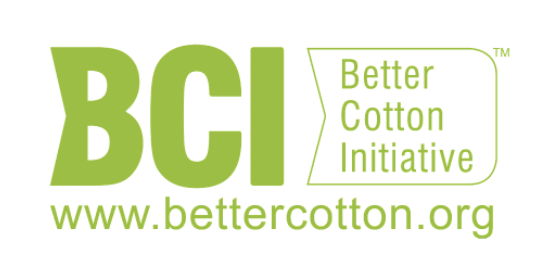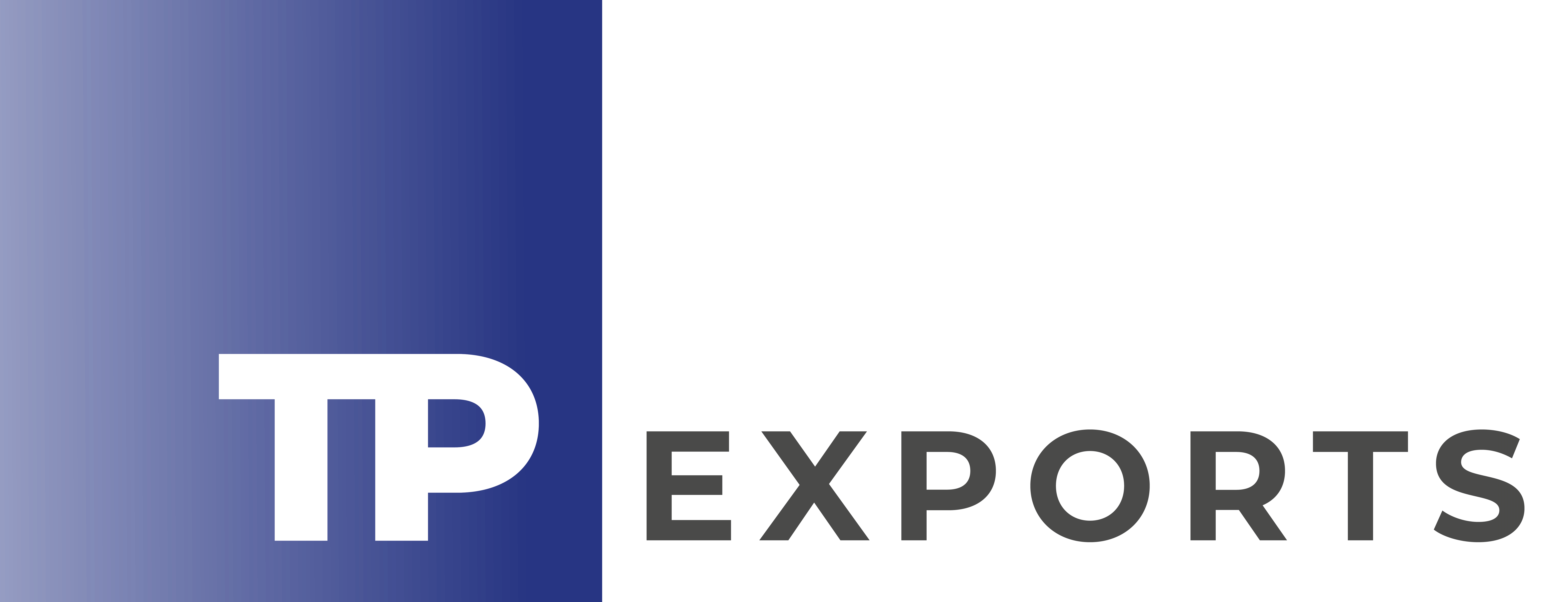Home > Blog > Understanding Cotton Trade Jargon
Understanding Cotton Trade Jargon
Understanding the unique terminology of the cotton trade is crucial for effective engagement in the industry. At TP-Exports, we prioritize transparent and clear communication, part of which involves understanding and breaking down the often-complex jargon used in the cotton trade.
This post looks to help users understand some of the most common terms and abbreviations adopted by the trade, and what you might witness frequently.
Basic Cotton Trade Terms
When discussing cotton trading, it’s important to start with the most basic terms:
- A bale, which weighs approximately between 218 and 227 kilograms, is the standard unit for cotton packing, and typically takes the form of a fabric supported cube like shape.
- Ginning, refers to the process by which cotton fibres are separated from their seeds, thus preparing the cotton for further processing stages.
- Lint is the term designated to the pure cotton fibres that result from the ginning process.
Fun Fact - Did you know the term 'gin' in 'cotton ginning' is actually short for 'engine'? It traces back to the invention of the cotton gin ('cotton engine') by Eli Whitney in 1794
Measuring Quality and Condition
Several new terms come into play when assessing the cotton’s quality and condition, which include:
- Staple Length, which refers to the length of the cotton fibre. Longer staple lengths generally indicate a higher quality of cotton, with smaller staple lengths indicating a lesser quality grade.
- Trash Content refers to the percentage of impurities—such as leaves or bark—in the cotton. Lower trash content signals superior cotton quality.
- Micronaire is a measure of the cotton fibre’s fineness and maturity. An optimal micronaire value is indicative of high-quality cotton.
- Uniformity Index indicates the uniformity of fibre length. Higher uniformity leads to better yarn strength and performance during the spinning process.
- HVI Testing (High Volume Instrument) is a system that provides a comprehensive analysis of the cotton’s quality by testing its various properties.
Agricultural Terms
Agricultural terms within the cotton industry include:
- GMO, or Genetically Modified Organisms, refers to cotton that has been genetically engineered to improve productivity or resist pests.
- Organic Cotton signifies cotton grown without the use of synthetic agricultural chemicals such as pesticides or fertilizers.
- Conventional Cotton is typically grown with genetically modified seeds and uses synthetic agricultural chemicals.
Grading Cotton
In the cotton trade, there is a diverse range of cotton conditions and grades which are delivered daily. These can be summarised against the condition headings below:
- Raw Staple is ginned cotton in its raw state, ready for processing into a variety of further conditions.
- Bleached Cotton undergoes processing and treatment, typically with hydrogen peroxide, to remove its natural colour and impurities, where it is often then used in medical and personal care product production.
- Comber Noil is a by-product of the yarn spinning process, frequently used in pharmaceutical and medical goods production.
- Linters are the short, fuzzy fibres left on the seed after ginning, often used in the production of cellulose-based products.
- Gin Motes refer to the immature or imperfect cotton fibres that are separated during the ginning process, often used in lower-grade industrial applications.
- Cottonseed is a by-product of the ginning process, primarily used to extract cottonseed oil or used as a supplement in livestock feed.
- Carded Cotton is a cotton form where the fibres have been partially aligned but may still contain some small amounts of impurities.
- Combed Cotton is a higher-quality cotton where the fibres have been fully aligned and all impurities have been removed.
Ethical & Sustainable Cotton
Understanding sustainability and ethical considerations in cotton trade also involves a unique set of terms:
- Fair Trade is a certification that ensures producers in developing economies receive fair prices for their commodities while following specific social and environmental standards.
- Rainforest Alliance Certified indicates that farms or forestlands meet rigorous standards for sustainability, worker rights, and wildlife conservation.
- BCI, or the Better Cotton Initiative, is a global non-profit and the largest cotton sustainability program worldwide. Its mission is to make cotton production better for the people who produce it, better for the environment it grows in, and better for the sector’s future.
- Traceability is the ability to track the cotton’s journey from field to final product, an essential component in ethical and sustainable cotton trade.

Cotton at TP-Exports
At TP-Exports, we deliver cotton to major industries globally. With a developed Agri by-products division built on sustainability and transparency, cotton from raw staple to 2nd-grade linters are managed through an industry-focused approach to ensure every bale we deliver carriers the assurance of traceability and risk mitigation. With farm origin tracking and individual bale HVI testing, we bring resilience to your supply chain.
Explore our grade-specific information here to understand how each type can enhance your production process. For quotations or additional details, please click here to contact us. With TP-Exports, you’re choosing a supply partner dedicated to delivering de-risked and sustainable feedstock.
